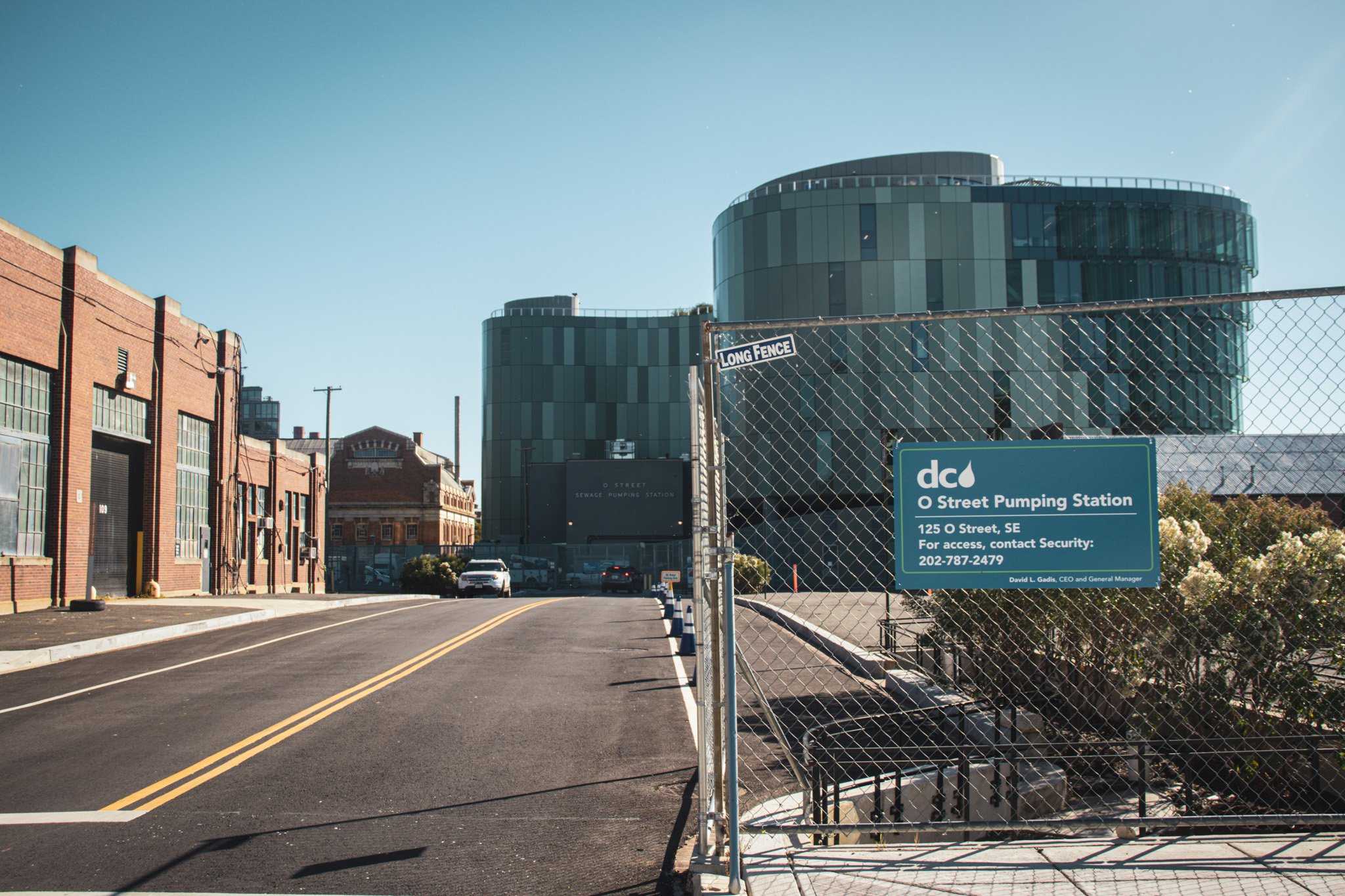Considering a Clean D.C.
Photograph of DC Water (Photo by Misha Bernard-Lucien)
WASHINGTON—With lead service lines posing major health risks to the residents in Washington, D.C., Bill 26-92 Lead-Free DC Omnibus Amendment Act of 2025 was introduced on Jan. 29 to ensure that all lead service lines in D.C. are replaced with non-lead lines by Dec. 31, 2030.
Efforts to provide clean water in the D.C., Maryland and Virginia area have been led by environmentally conscious groups such as DC Water and Dream.Org, with additional support from the Committee on Transportation and the Environment. Bill 26-92 was introduced by Councilmember Brooke Pinto and co-introduced by Councilmember Charles Allen, who also chairs the committee, along with several other councilmembers.
The Lead-Free DC Omnibus Amendment Act builds on earlier legislative efforts. It was first introduced in 2023 as a continuation of progress made through the progress through the Clean Energy Omnibus Amendment Act of 2018, which Mayor Muriel Bowser signed into law in 2019. That act marked a significant step forward in D.C.’s climate and environmental initiatives.
While steady progress has been made since then, replacing lead pipes across the city has been an ongoing challenge. Although the bill and DC Water operate separately, both aim to create a lead-free D.C., a process that has not always moved as smoothly as residents have hoped.
In 2024, residents participating in DC Water’s Lead-Free Initiative reported issues such as holes in walls, reduced water pressure, lawn damage and sink holes during pipe replacement work.
Efforts to interview Councilmembers Brooke Pinto and Charles Allen or their teams went unanswered, and attempts to speak with D.C. Water were unsuccessful.
